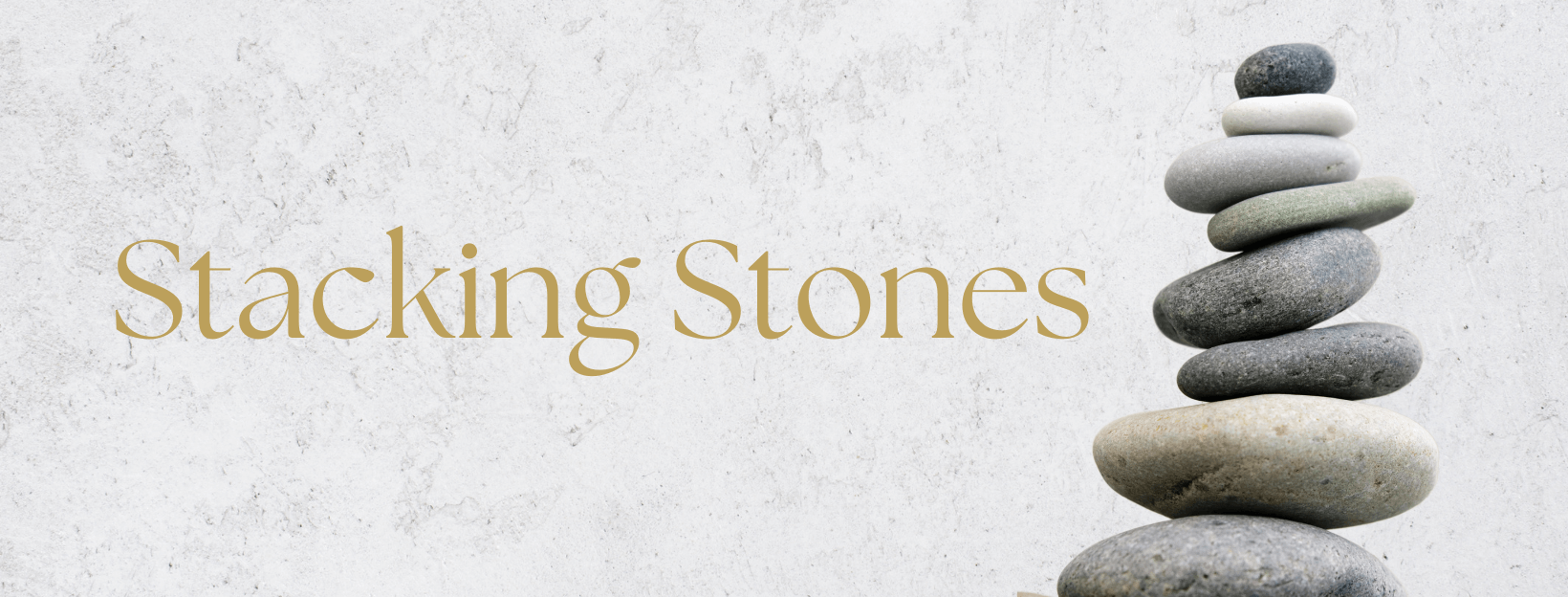
Steam rises from the ground and pools of warm water bubble up through the sand. Welcome to Hot Water Beach on the Coromandel Peninsula. This beach stretches along the rugged coastline of New Zealand, flanked by native pohutukawa trees and dramatic rock formations. Low tide finds visitors arriving with spades, ready to dig shallow pits that will fill with naturally heated water. What are they doing? They are literally creating personal geothermal spas right by the sea. Sounds amazing right?!
The Healing and Spiritual Essence of Te Puia
For the Māori, the indigenous people of Aotearoa (New Zealand), known for their rich culture, deep connection to nature, and enduring traditions, Te Puia is much more than a collection of geothermal springs; it is seen as a sacred gift from Papatuanuku (Earth Mother), embodying her life force and nurturing energy. These waters, rich in minerals and geothermal vitality, are revered for their dual roles in healing the body and renewing the spirit.
Historically, Māori communities have used thermal pools for medicinal purposes, such as treating skin conditions and rheumatic ailments. These practices are part of a broader tradition known as rongoā, which encompasses herbal remedies, physical therapies, and spiritual healing methods.
Water (wai) holds profound spiritual significance in Māori culture. It's considered a source of life and a medium for cleansing and renewal. Ceremonies like tohi (dedication rituals) and pure (cleansing rites) often involve water to purify individuals and mark important life transitions.
Beyond their role in personal healing, the springs have also long been a gathering place for the community, offering a space for people to connect with one another and with the land. As is still true today, the springs' ability to unite and restore is central to the Maori who still gather at sites like these for storytelling, cultural practices, and communal bonding.
The Geological Wonder of Hot Water Beach
Hot Water Beach owes its unique properties to geothermal activity deep beneath the Earth's surface. The Coromandel Peninsula lies along a zone of ancient volcanic activity, where magma once flowed beneath the crust. Today, residual heat from this volcanic past warms underground aquifers.
How do volcanoes of the past heat the waters people enjoy today?
Magma chambers deep below the Earth’s crust remain hot for millions of years. This heat warms underground water trapped in porous rock layers and the heated water seeks an escape route rising through fractures in the Earth’s crust. Some of these fractures reach the surface at Hot Water Beach. As the water emerges, it mixes with sand and forms the bubbling pools found at low tide. Temperatures in these pools can reach up to 64°C (147°F), though they cool quickly when mixed with seawater or shifted sands.
These spring waters are rich in minerals such as calcium, magnesium, and silica, deposited as the water filters through rock layers. The warm waters not only create a soothing experience for bathers but the minerals they contain also support skin health, muscle relaxation, and overall healing as recognized by the Maori people long ago.
Calcium in the waters promotes bone health and aids in skin repair, soothing irritations and supporting healing. The magnesium works to relax muscles, reduce tension, and improve sleep quality, while also calming inflammation and promoting healthier skin. Meanwhile, silica enhances skin elasticity, strengthens connective tissues, and encourages collagen production, leaving the skin with a natural, youthful glow. Together, these minerals not only offer deep relaxation but also provide powerful health benefits, making the springs truly restorative and healing.
At Home Mineral Soak to Honor the Healing Power of Te Puia Springs
Want to enjoy the benefits of Te Puia’s geothermal springs without the plane ride? You can bring a little of Te Puia into your home with this soothing mineral bath recipe. Rich in naturally occurring elements, this special soak will help you relax your muscles, rejuvenate your skin, and promote a sense of inner calm all in the comfort of your own bathroom.
DIY Mineral Soak Recipe
Ingredients:
- 2 cups Epsom salts (rich in magnesium to ease muscle tension).
- 1 cup baking soda (helps soften skin and neutralize impurities).
- ½ cup sea salt or Himalayan salt (to replenish essential minerals).
- 2 tablespoons silica-based bath additive (for a skin-smoothing effect). *take care to find silica intended for skin-care only
- Optional: A few drops of essential oil, such as lavender or eucalyptus, for aromatherapy.
Instructions:
- Prepare the Bath
Fill your bathtub with warm water, ideally between 98°F and 104°F (36°C to 40°C), to mimic the soothing temperature of the geothermal springs. - Add the Ingredients
Slowly pour the Epsom salts, baking soda, sea salt, and silica into the water, stirring gently to ensure everything dissolves. - Set an Intention
Before stepping into the bath, take a moment to reflect on your intention. This could be to relax, release tension, or simply reconnect with yourself. I also like to light a candle or two (or several :) ). - Soak and Relax
Immerse yourself in the water for 20–30 minutes, letting the minerals work their magic. Close your eyes, take deep breaths, and imagine the energy of Te Puia’s springs enveloping you in warmth and renewal. - Rinse and Hydrate
After your bath, rinse off with cool water and pat your skin dry. Follow with a moisturizer to lock in the benefits, and drink a glass of water to rehydrate your body.
Embracing the Spirit of Te Puia
As you enjoy your mineral soak, take a moment to honor the natural forces that inspire this practice. Reflect on the Māori tradition of using water as a source of purification and renewal, and let the experience bring you closer to a sense of harmony, balance and healing. Enjoy!
___________________
Begin Within
and align with the rhythm of nature and self.













0 Comments